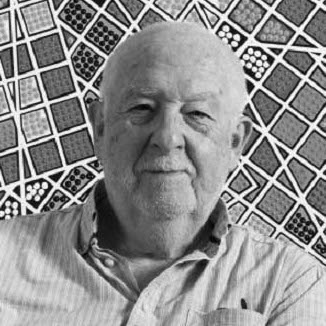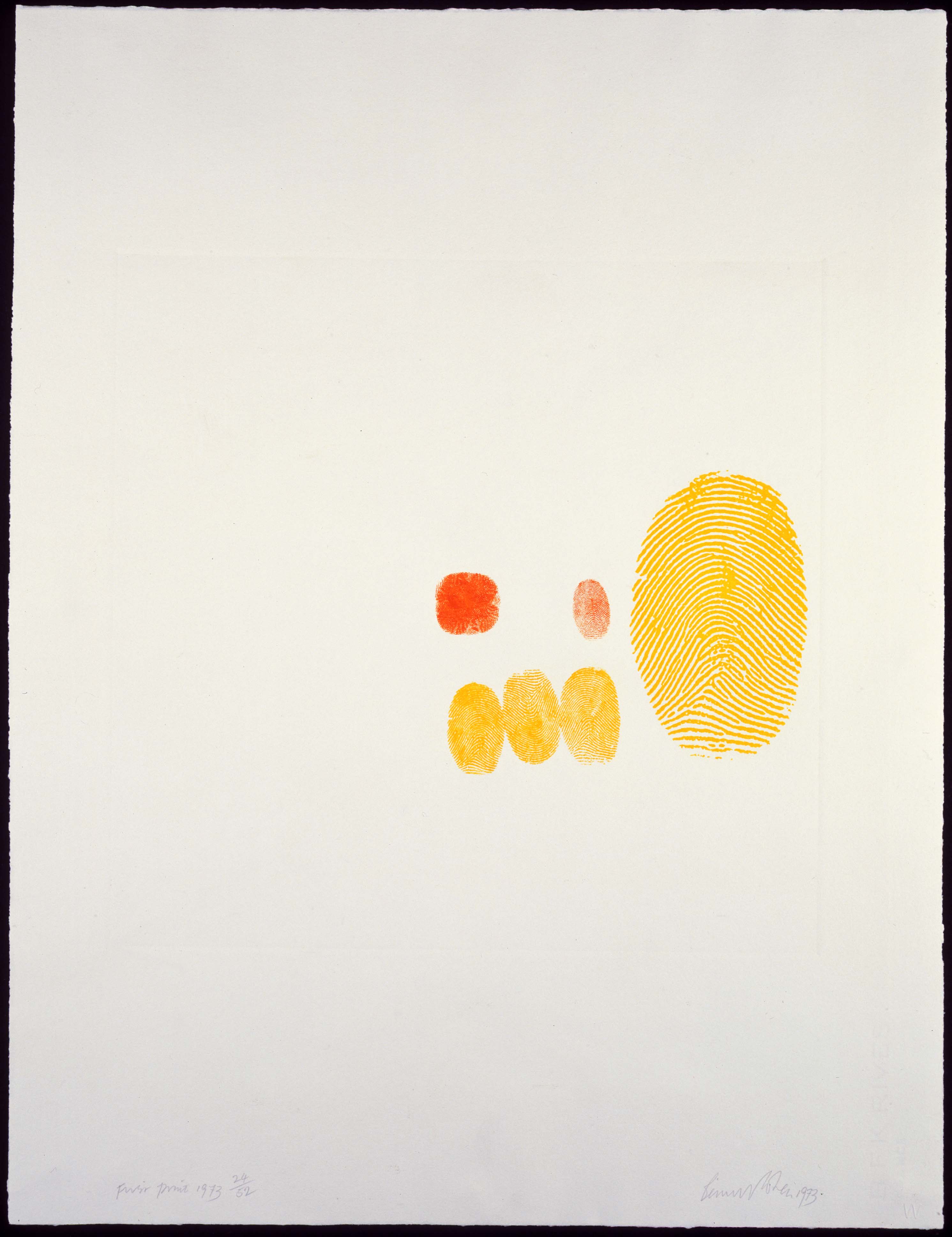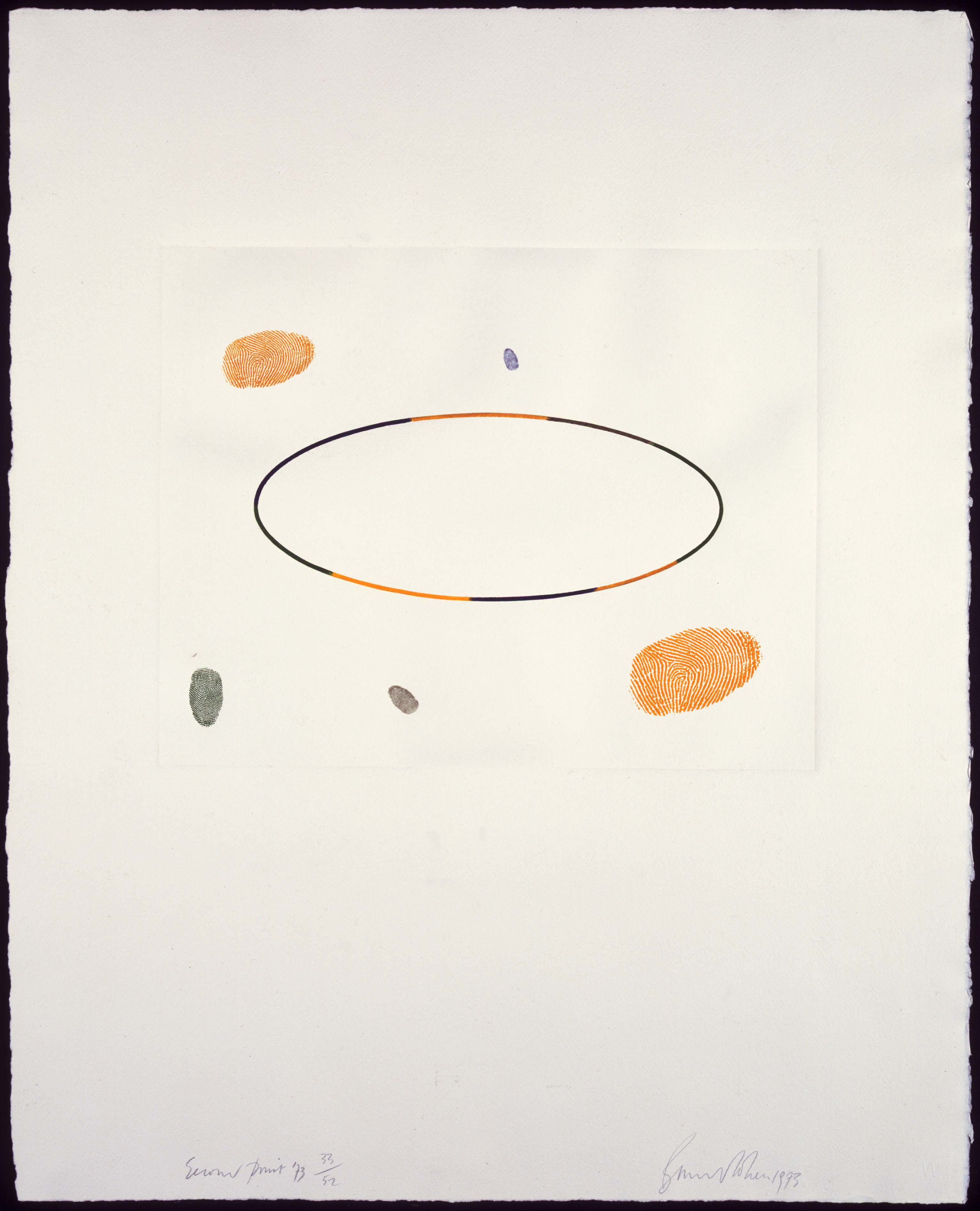 Nationality
Nationality
Studied
- 1954-6: Paris,
- 1950-51: St Martin's School of Art,
- 1951-54: Slade School of Fine Art
Taught
- 1988: appointed Slade Professor of Fine Art. Later made Emeritus Professor and Fellow of University College London.
Background
Born to a Jewish family of Russian and Polish parentage, Bernard Cohen is a British artist whose travels have had a significant impact on his artistic work and who has enjoyed a considerable reputation both as a painter and
as a professor of fine art. His brother, Harold (1928–), is also an abstract painter and a noted exponent of computer art.
(The following is based on notes provided by Dr. Adrian Lewis, c2003.)
Bernard Cohen's paintings of the early 1960s were filled with sprayed and overlaid meandering lines. His work embodies a sense of ritualistic process that he relates to his Orthodox Jewish background. Responding
to what was known as 'action painting', the artist established a staged process of painting, each act giving meaning to the next, leading to a decisive moment of physical completion.
I felt at home in the Pueblos, and I felt at home during the Pueblo ceremonies . . . It has related to everything I've done since . . . The big discovery is that the home is the creative act . . . the home the place where
you eat, the table you eat off of, the house in relationship to its environment ... in relationship to meeting-places, in relation to the foothills, in relationship to the mountains.
The artist
From the early 1960s Cohen showed a concern with process that had its roots in both the Abstract Expressionism of Jackson Pollock and the sense of ritual characteristic of Cohen's Orthodox Jewish upbringing.
He was a member of the Situation Group, on which a note is included in the History and Context section of this microsite
In 1988 Bernard Cohen was appointed Slade Professor of Fine Art, and was later made Emeritus Professor and Fellow of University College London.



 Nationality
Nationality